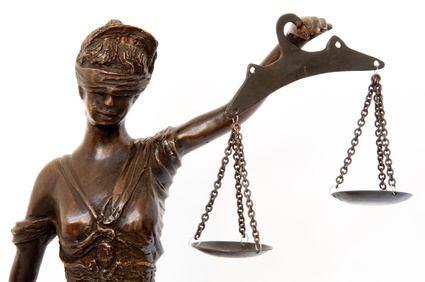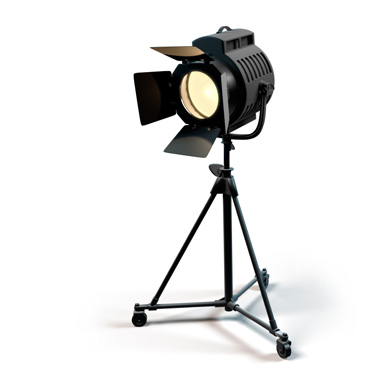
Disclosure of profits for ‘media victims’ based on the Swiss example? – No model for German Press Law

Specialised Lawyer for Copyright and Media Law View profile
The cantonal court of Zug has ruled that a former politician is entitled to damages based on the disclosure of the profits made from a major tabloid newspaper for violation of her right to privacy. Such a form of compensation or damages is not recognised under German press law. And the Swiss decision offers no reason for a similar claim in Germany in the future.
The Swiss case
The Swiss tabloid ‘Blick’ reported in several articles on the unexplained consequences of a party in the Swiss canton of Zug in December 2014. One of the partygoers, a former politician, woke up disoriented the morning after the party and found the DNA of two men in her genital area and underwear. She believes that she was given knockout drops and then raped; one of the men speaks of consensual sexual acts. The cases are still unsolved and no convictions have been obtained. Numerous Swiss media reported in detail and identified the politician, including the Blick newspaper in several articles with the politician’s picture and name.
After a partial decision on 22 June 2022, according to which the defendant publishing house had to disclose information such as advertising rates, cost-per-mille and the number of page views for the calculation of profits, the Zug Cantonal Court on 22 January 2025 ordered the publishing house to pay the politician 309,531.00 Swiss francs in damages and 112,495.50 Swiss francs in compensation on the basis of the information it had disclosed. The decision is not final and the parties may appeal to the Cantonal Court of Zug.
Under Swiss law, such a restitution of profits requires an unlawful infringement of the right of personality, the making of the profit and a causal link between the unlawful infringement and the profit made, but no fault on the part of the publisher concerned. Crucially, the Swiss court considers that proof of an ‘abstract’ causal link is sufficient: it concludes that the articles infringing the right of personality were likely to contribute to the promotion of the publisher’s media products and thus to the realisation of profits by virtue of their presentation and orientation. If, on the other hand, a “concrete” causal link had to be proven, i.e. a profit directly attributable to the articles in question, the high standard of proof would render any claim for profits illusory from the outset, according to the judges in Zug.
And under German law?
Under German law, such a ruling would not be possible for two main reasons: Firstly, German press law does not recognise such a claim for restitution of profits. Secondly, in order to be ordered to pay damages on the basis of a press article, fault must always be established and ‘strict’ causality must be proved. Both for good reason. The mere possibility of being ordered to pay a substantial sum of money as a result of a press report, through no fault of one’s own, would trigger a so-called ‘chilling effect’, the fear of not exercising the fundamental rights of freedom of expression and freedom of the press in the future in order to protect oneself from unpleasant consequences. Strict causality must also be demonstrated. Only if there is a causal link between the disregard of the duty of care owed to the press and the unlawful publications, and the damage is additionally based on the challenged reporting in an equivalent and sufficient causal manner, is there any scope for a conviction for damages.
Conclusion
The categories for which damages are payable under German press law are exhaustively and conclusively regulated. There is no need for a further category of disgorgement of profits with unclear contours and a lower causality requirement. This is certainly not the case in the case of no-fault claims.
German law also achieves a comparable result, which protects the interests of all parties involved through monetary compensation. Criteria such as presentation, circulation and page impression play an important role in assessing the amount of compensation when a court wants to rein in aggressive tabloid media.


